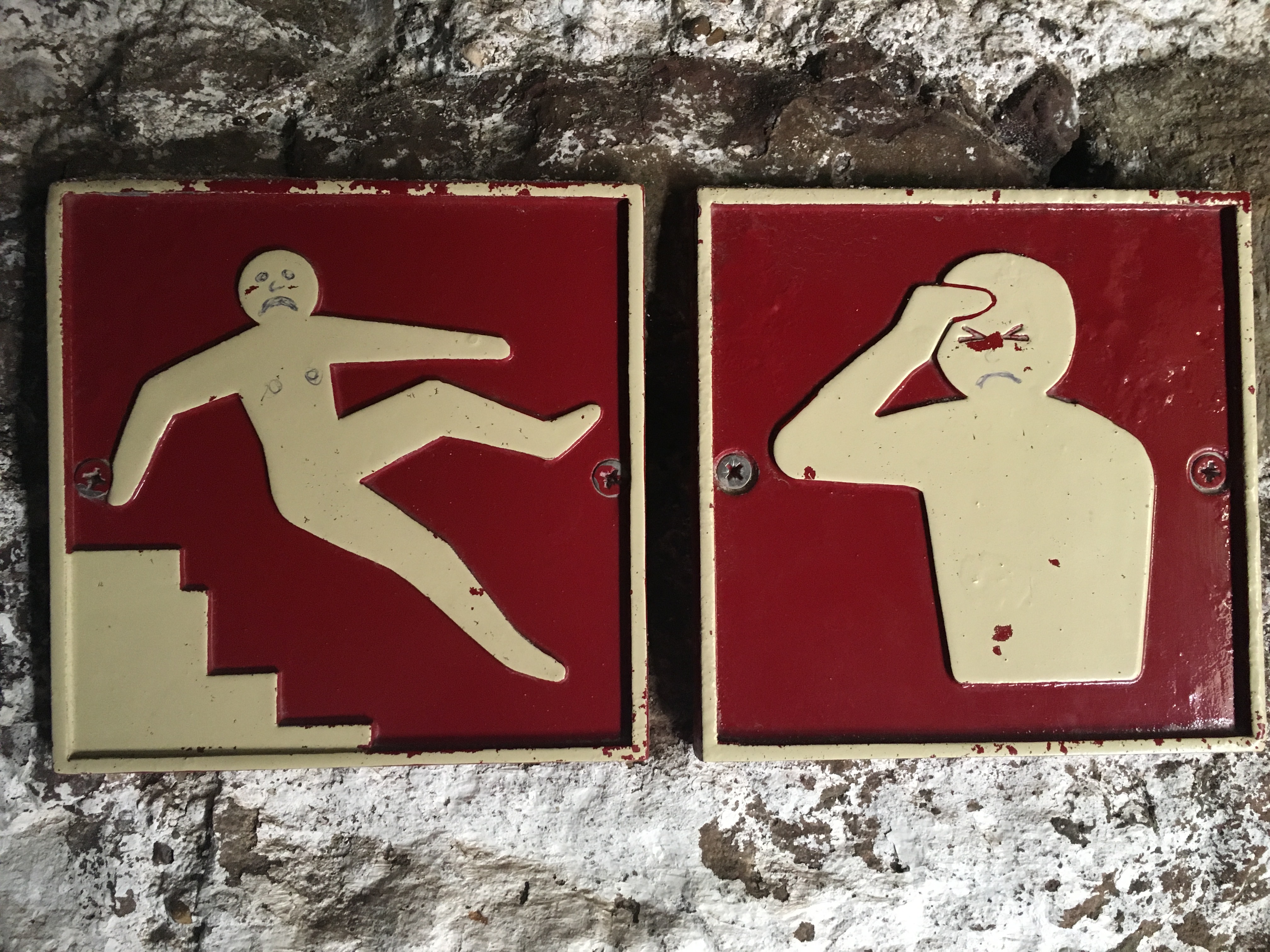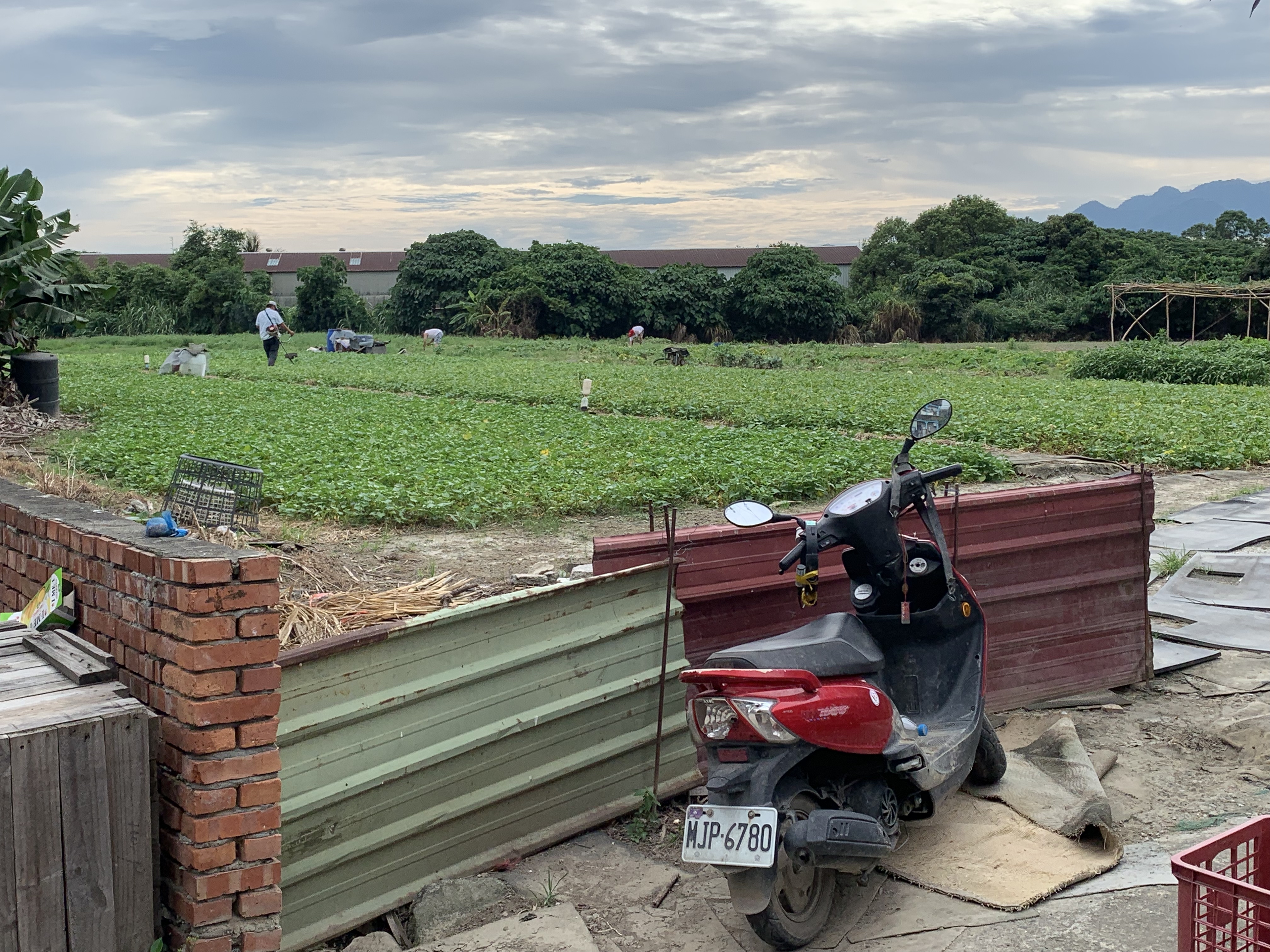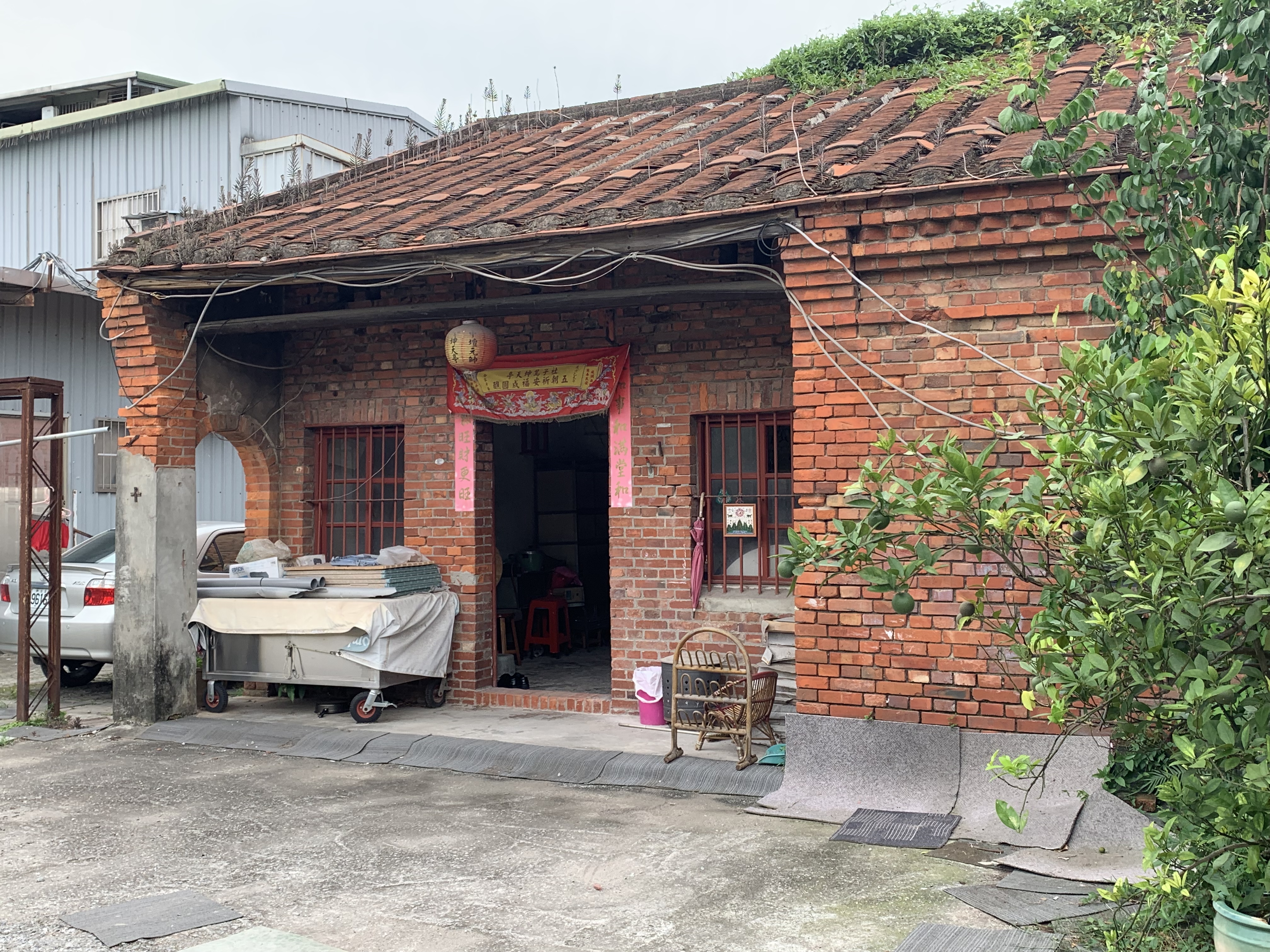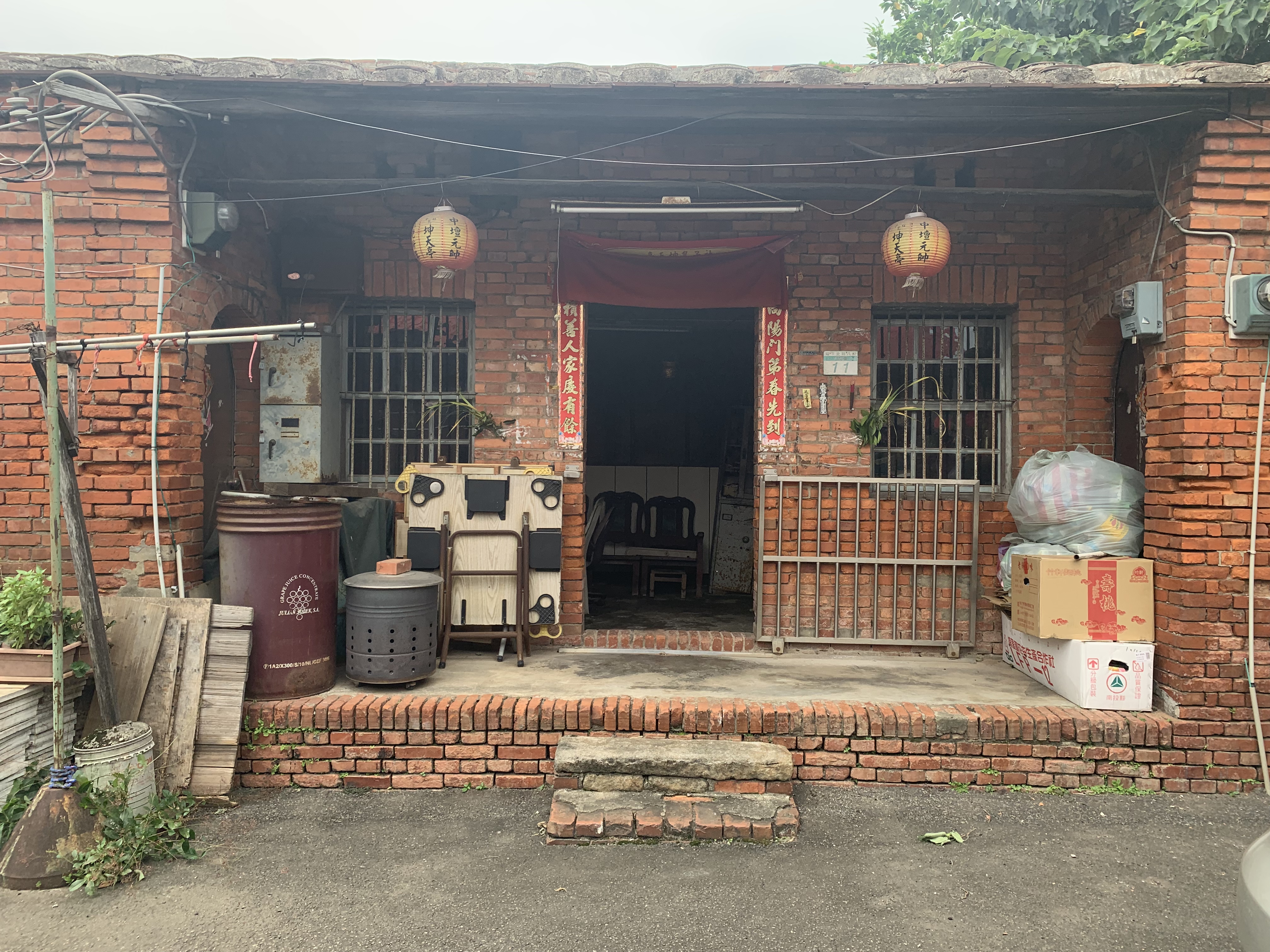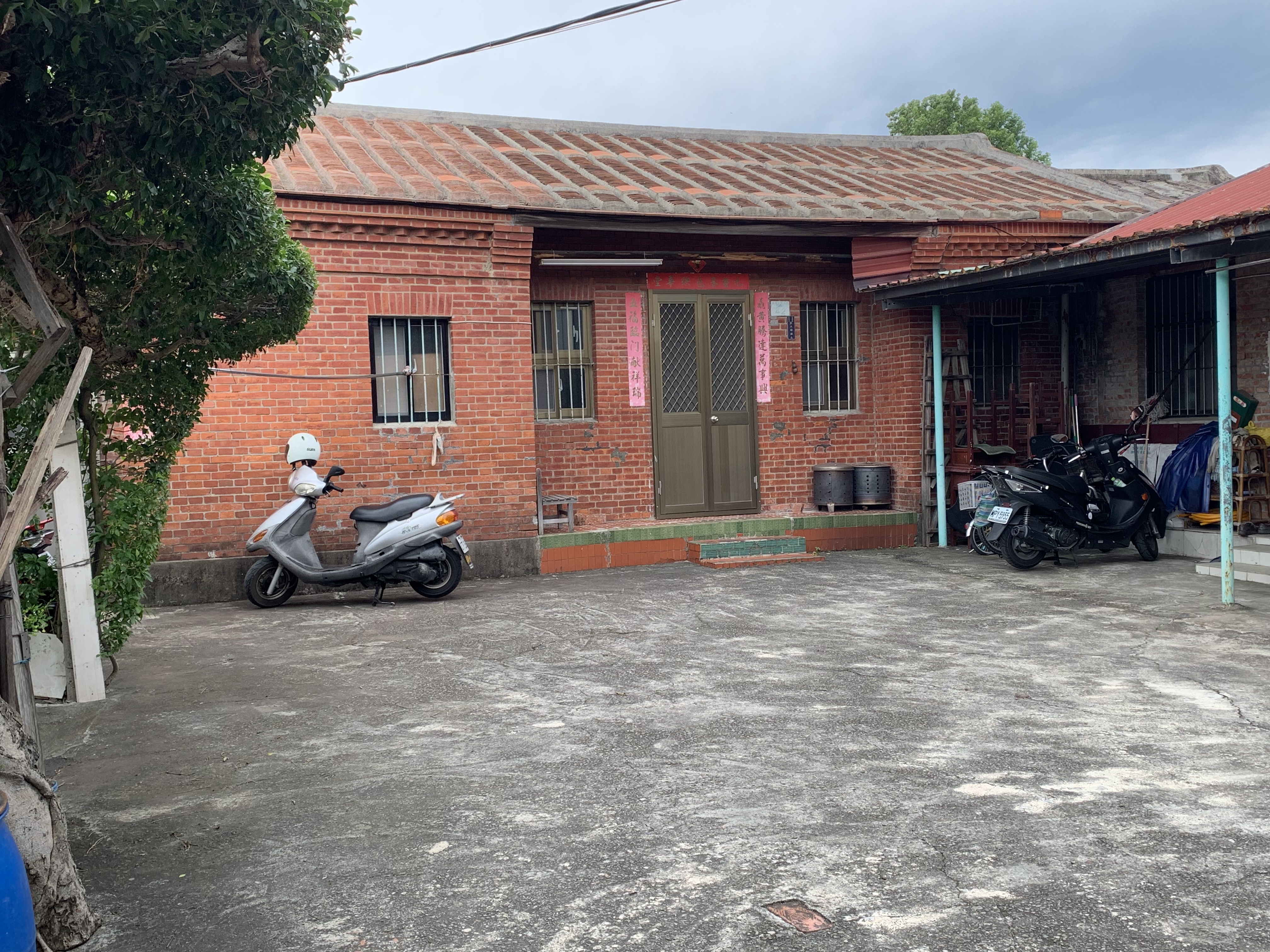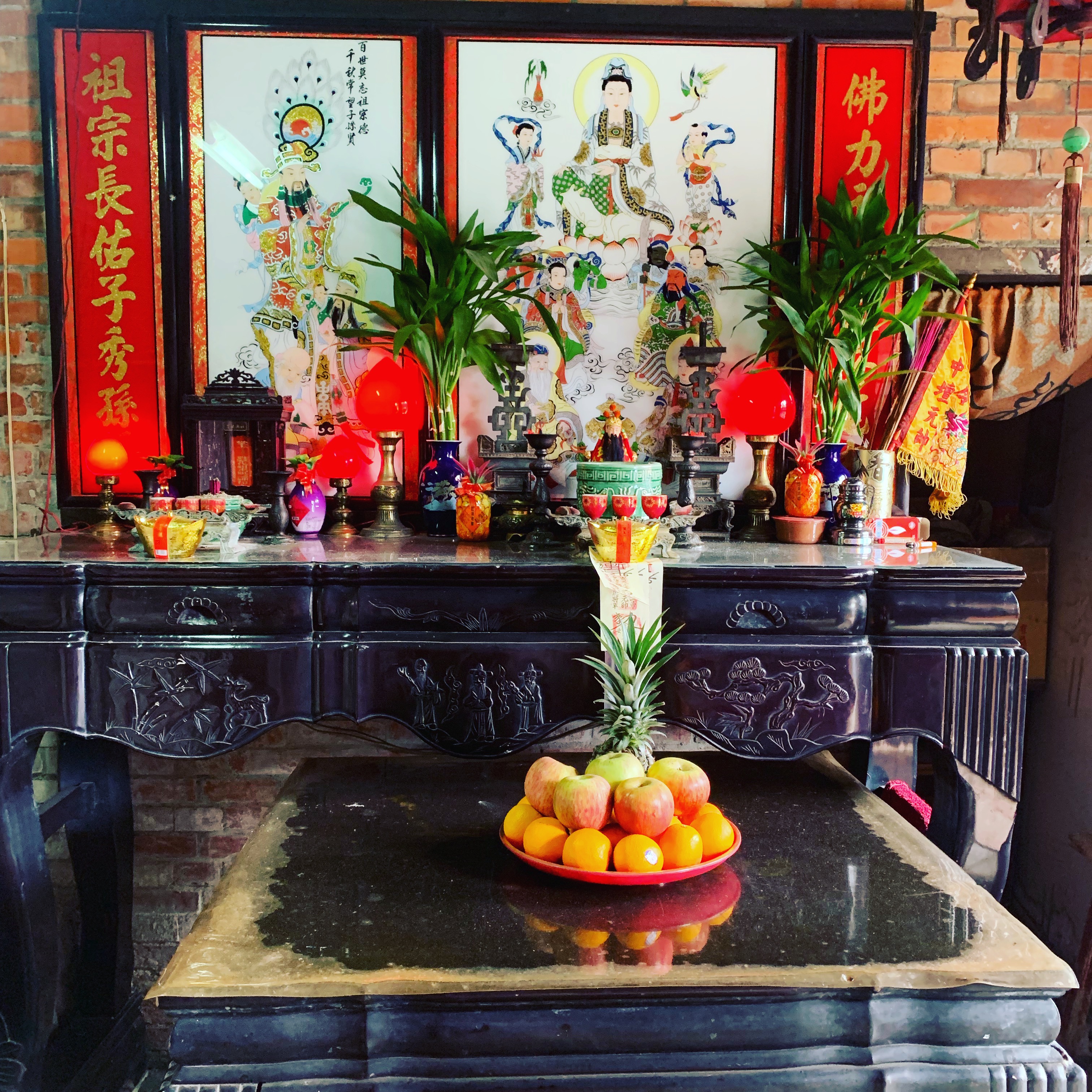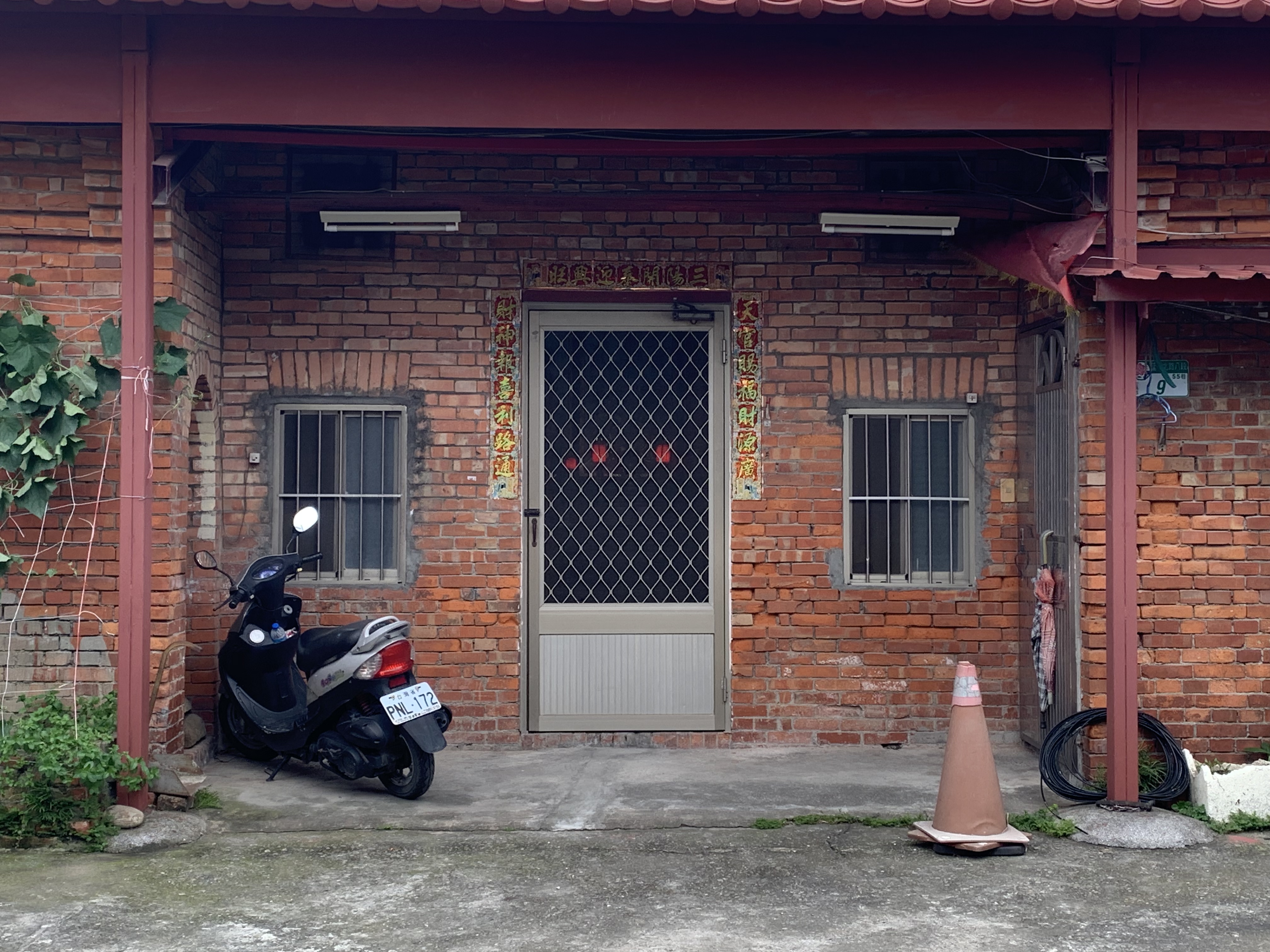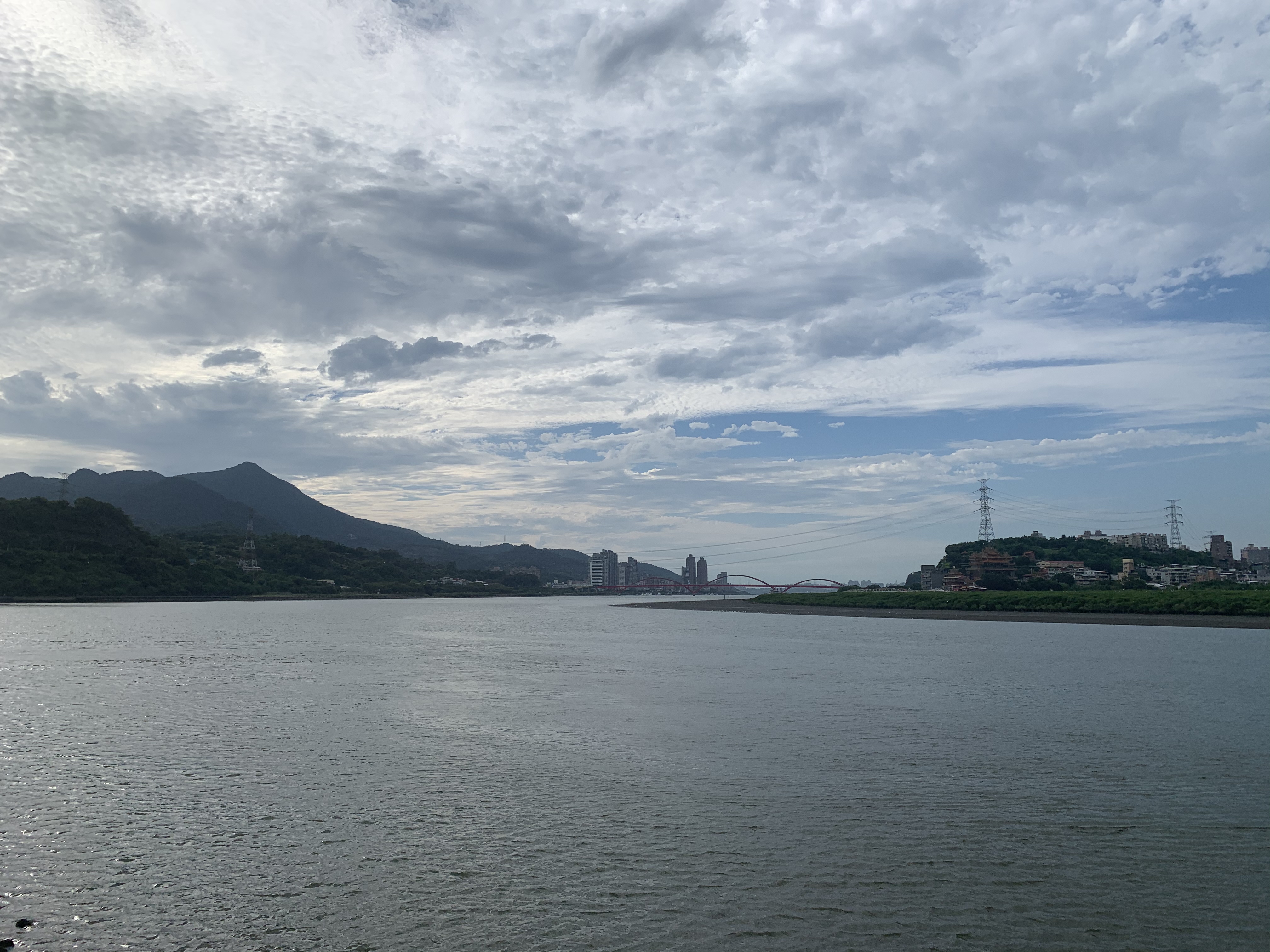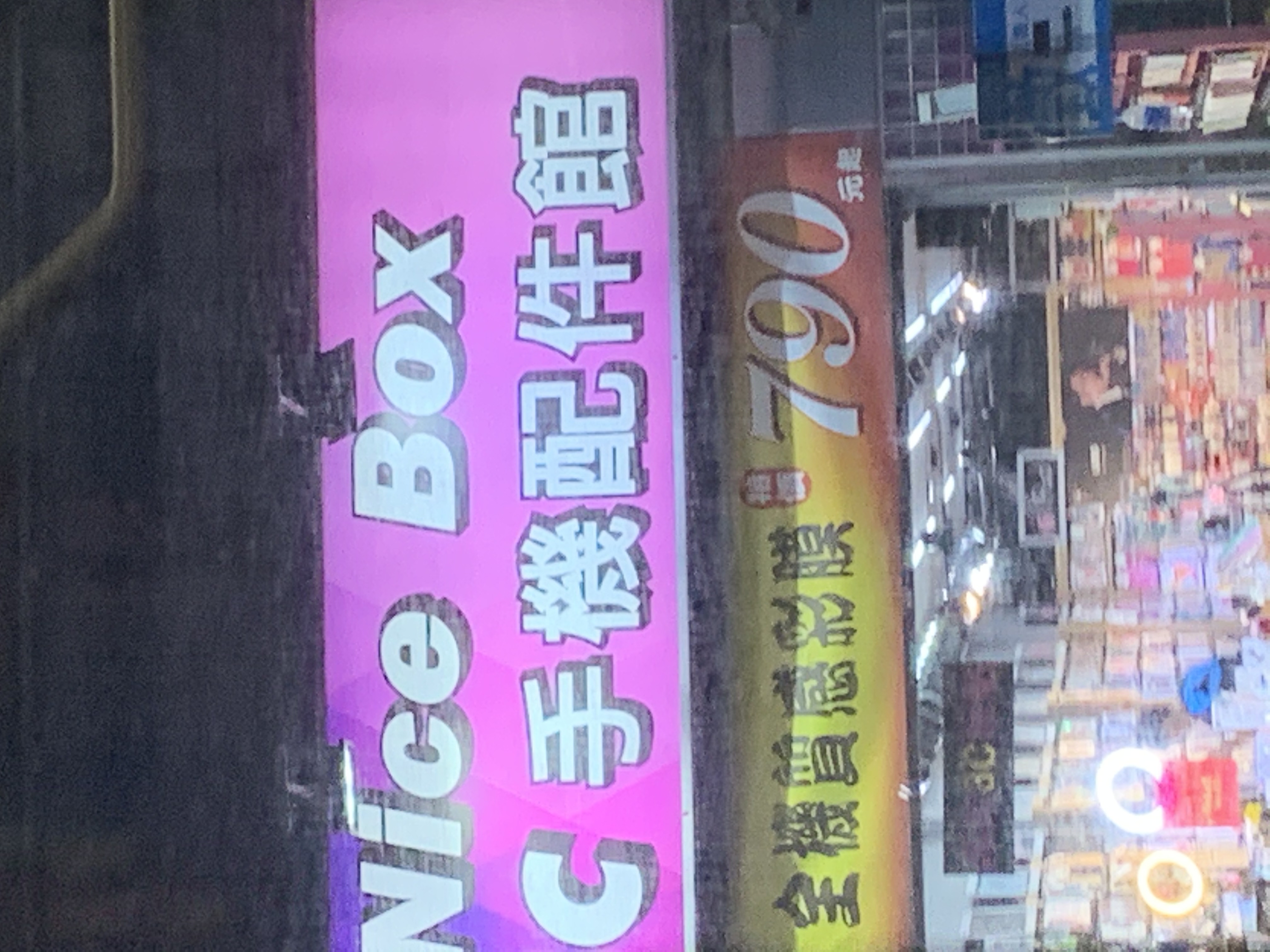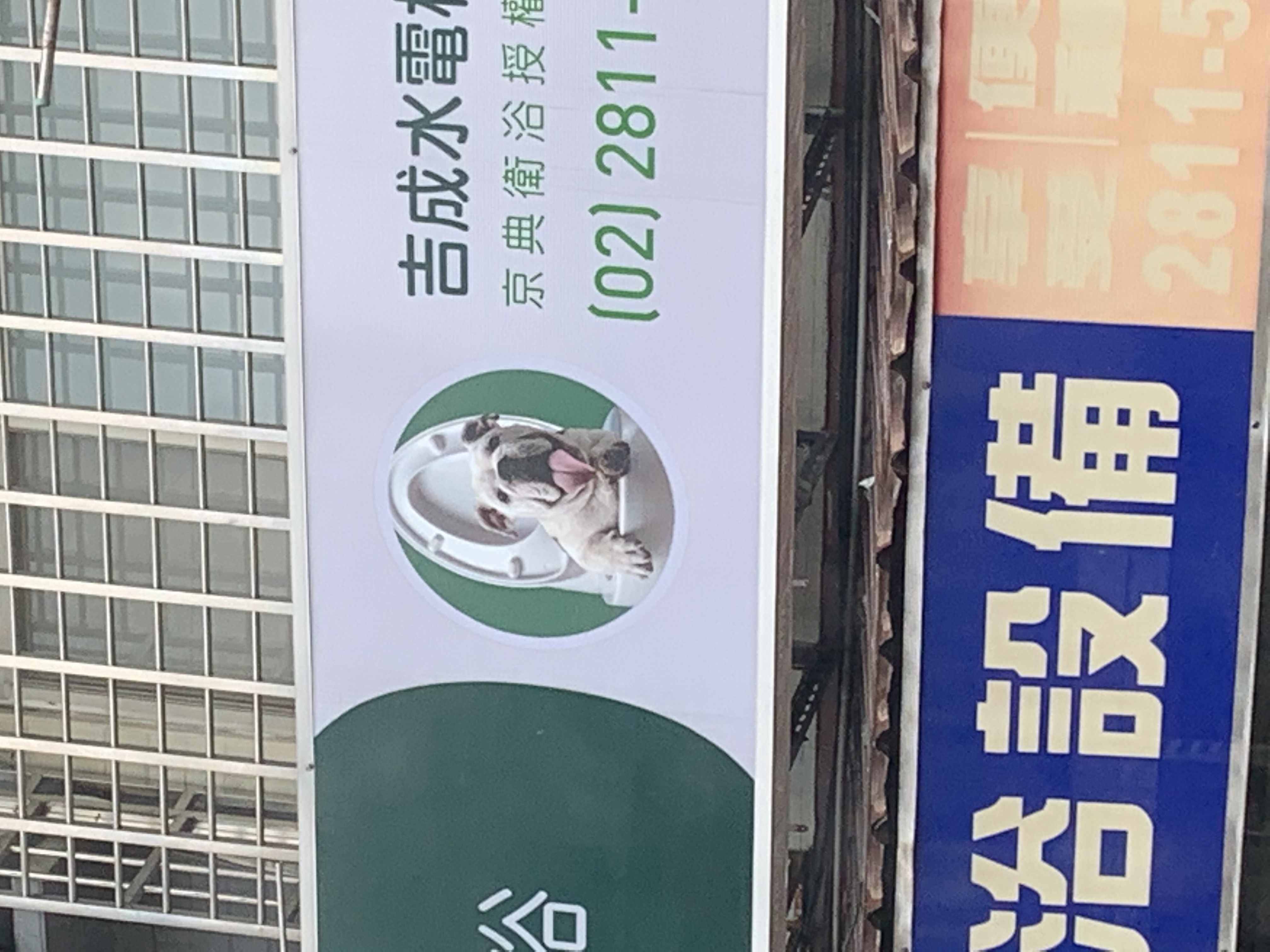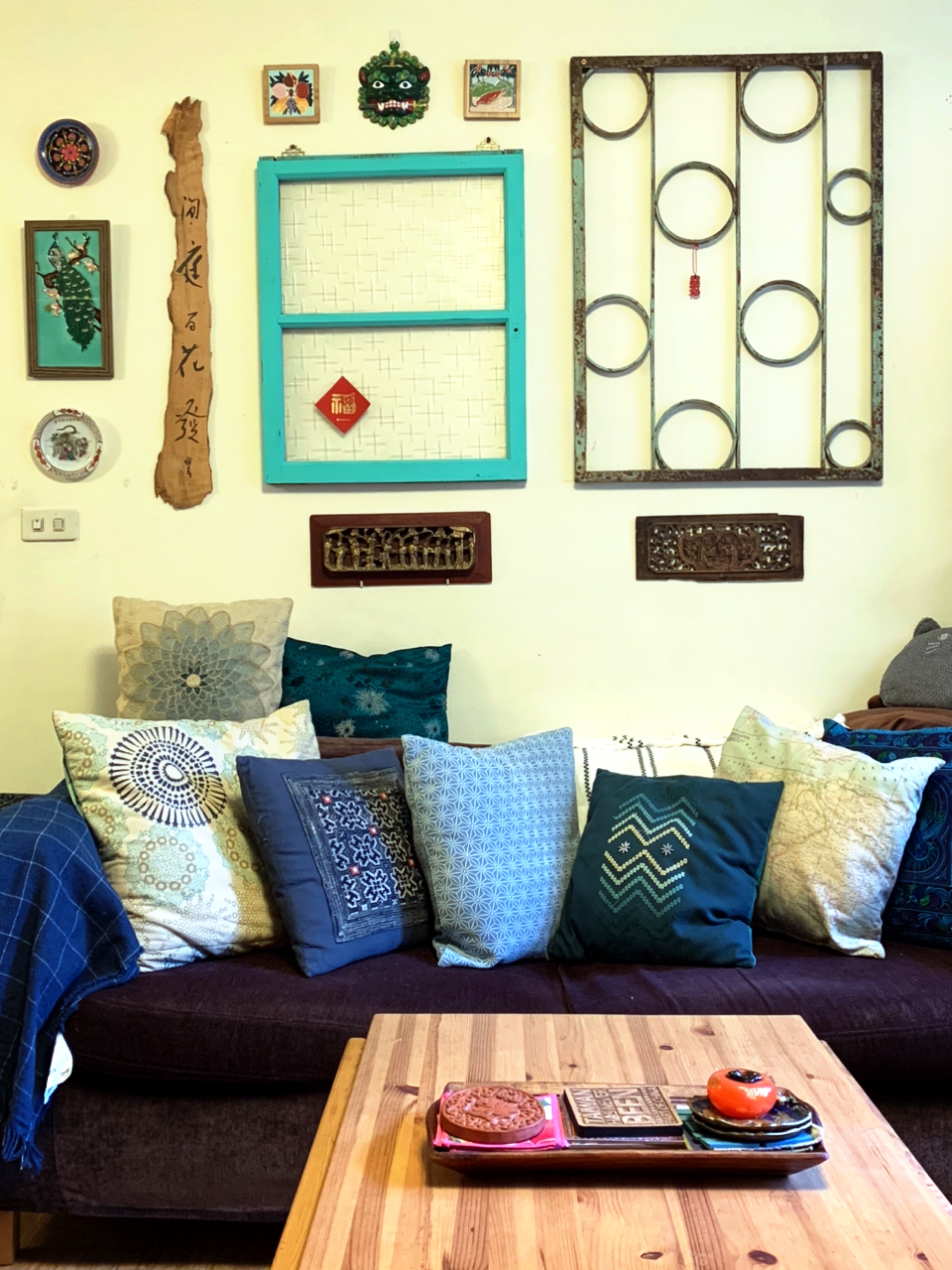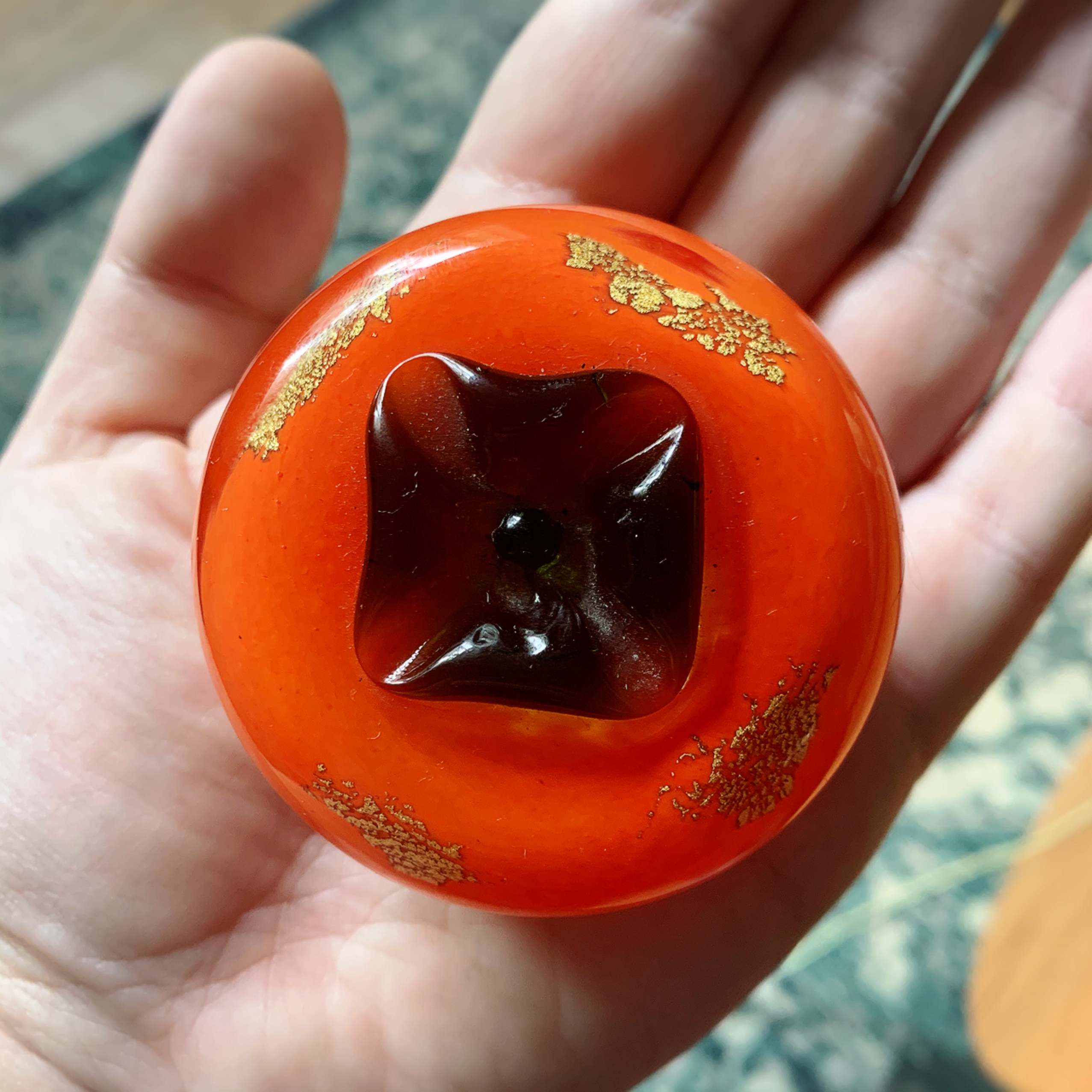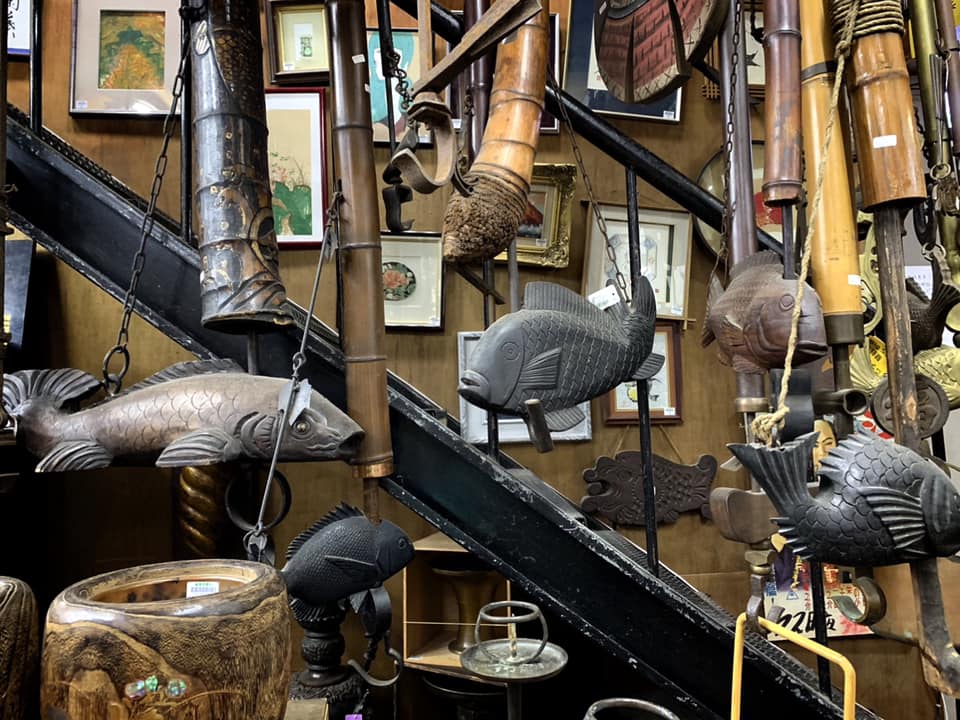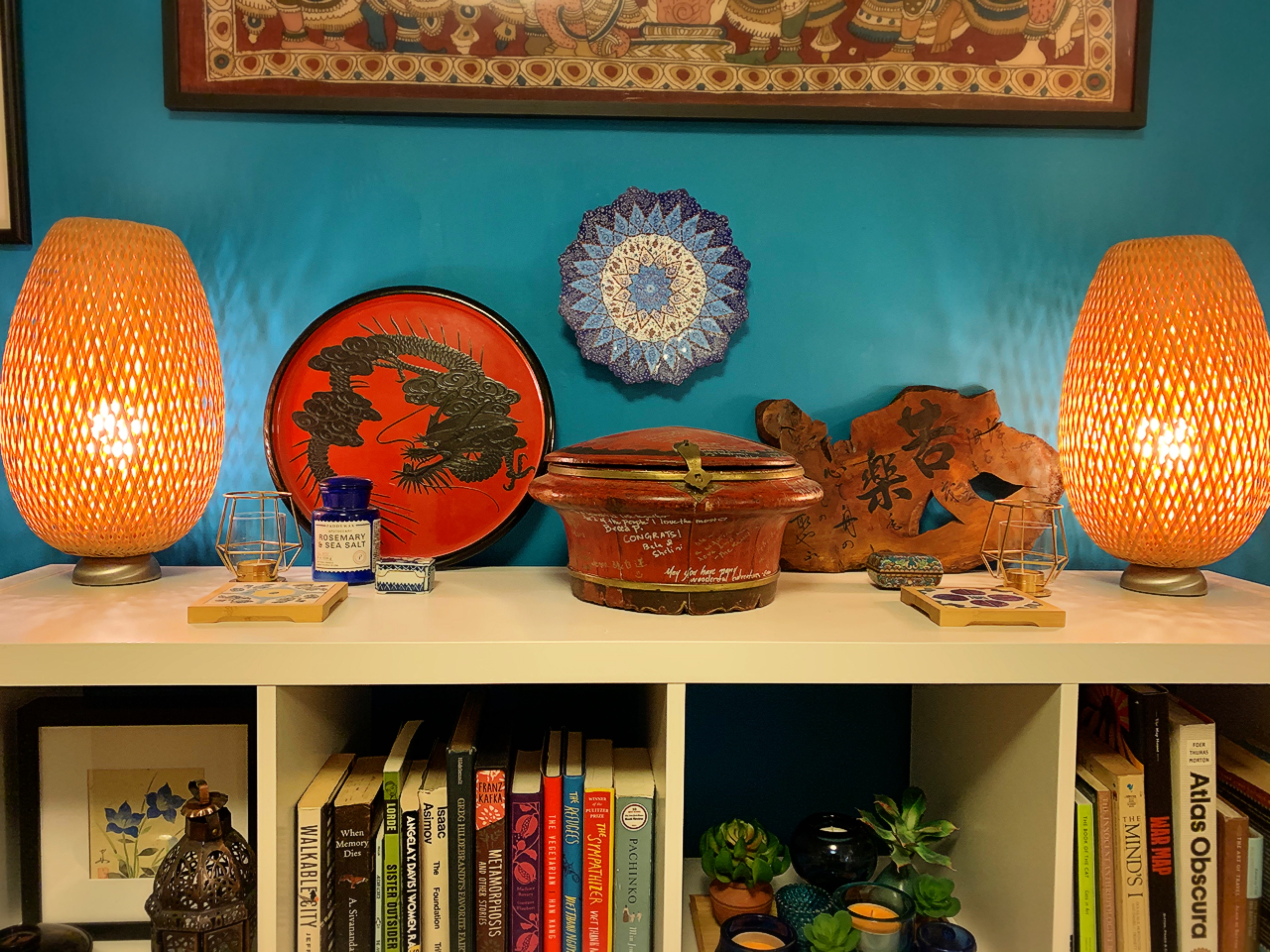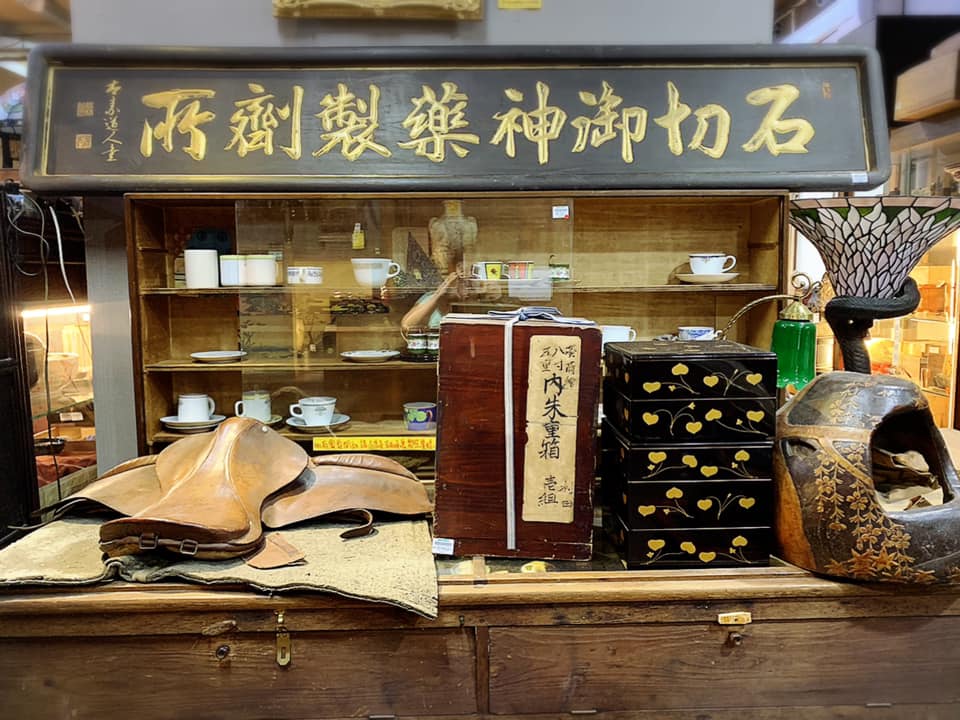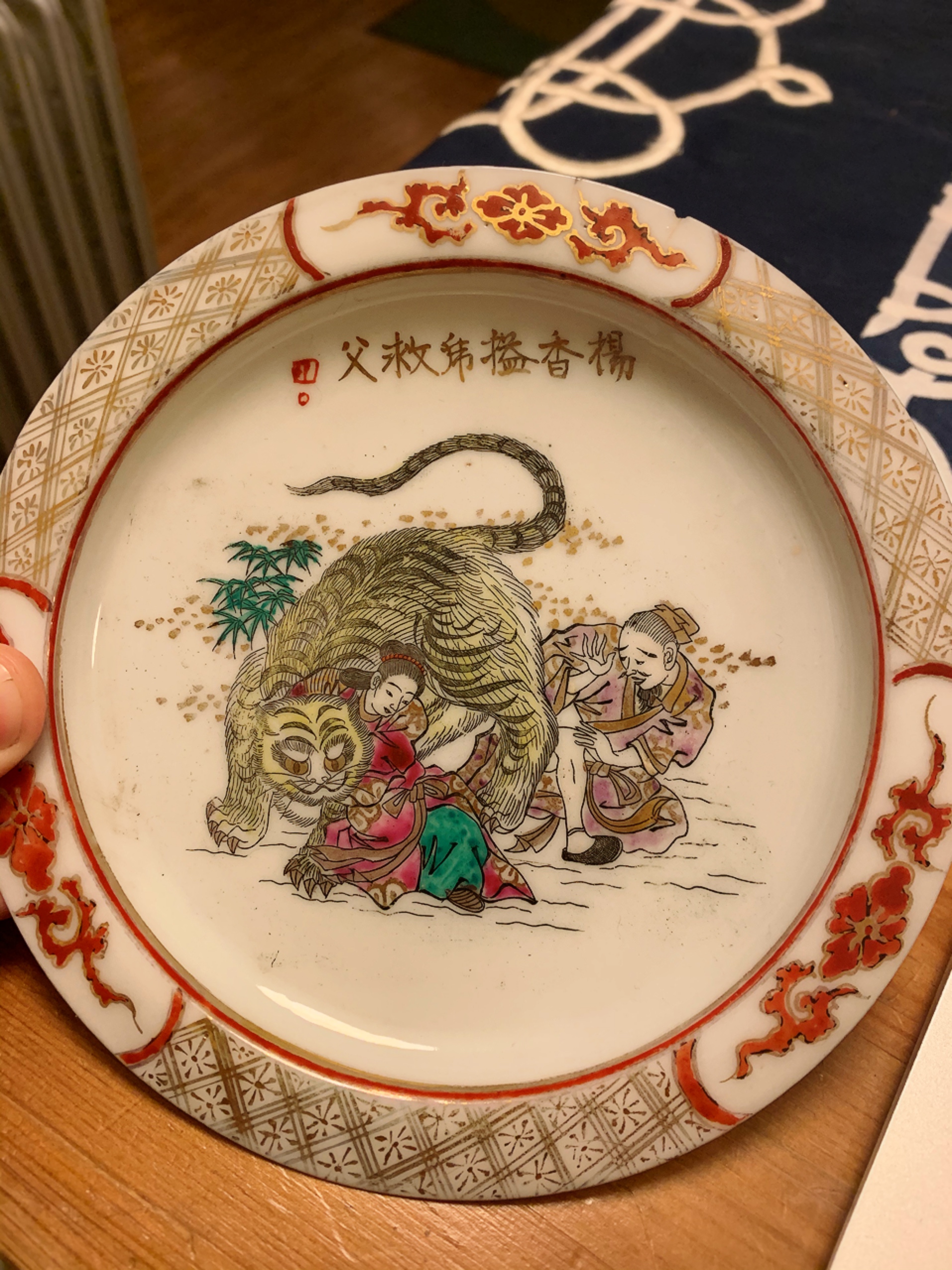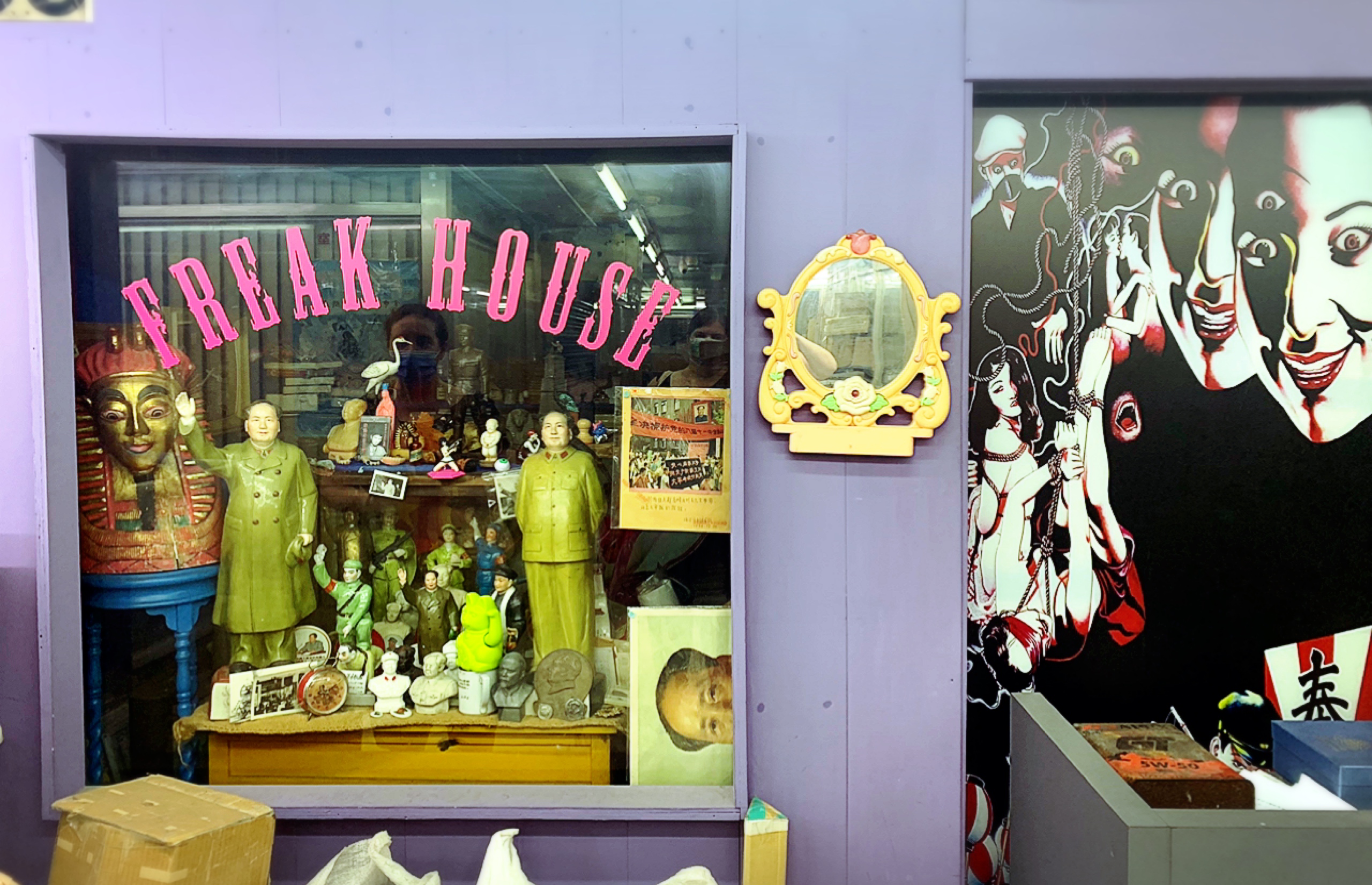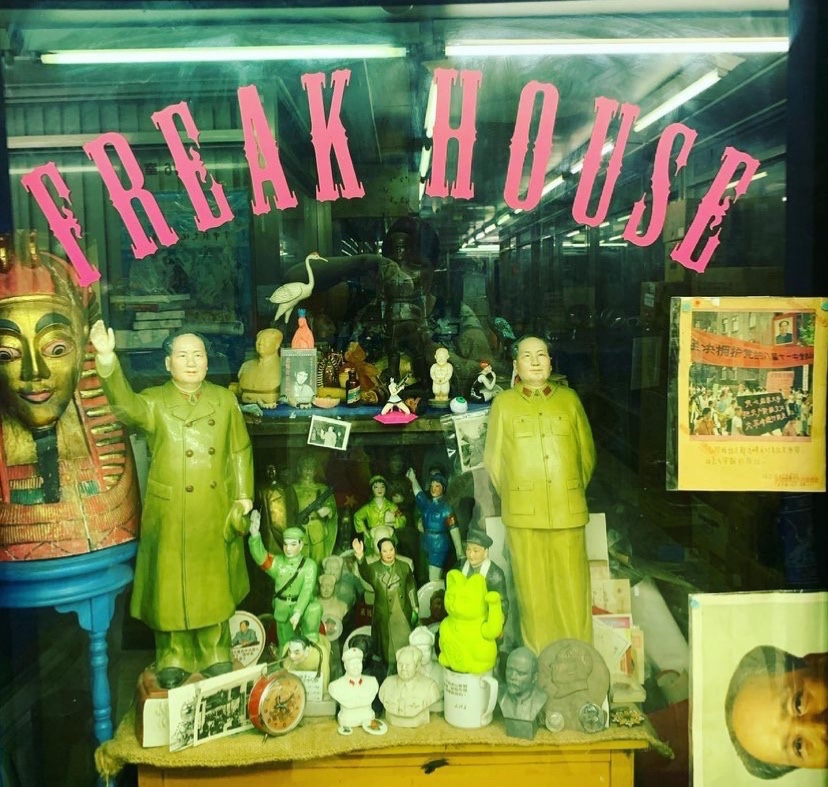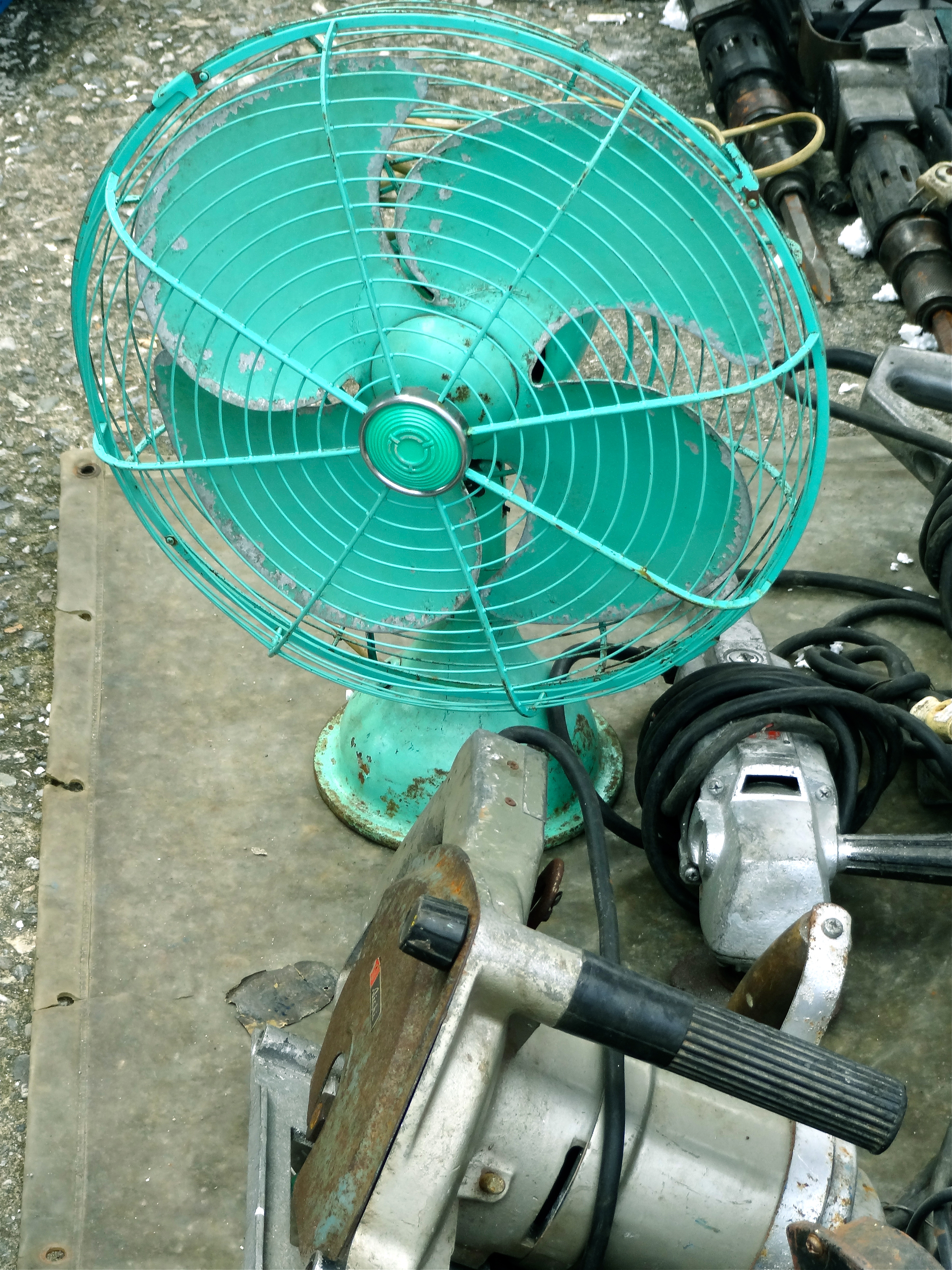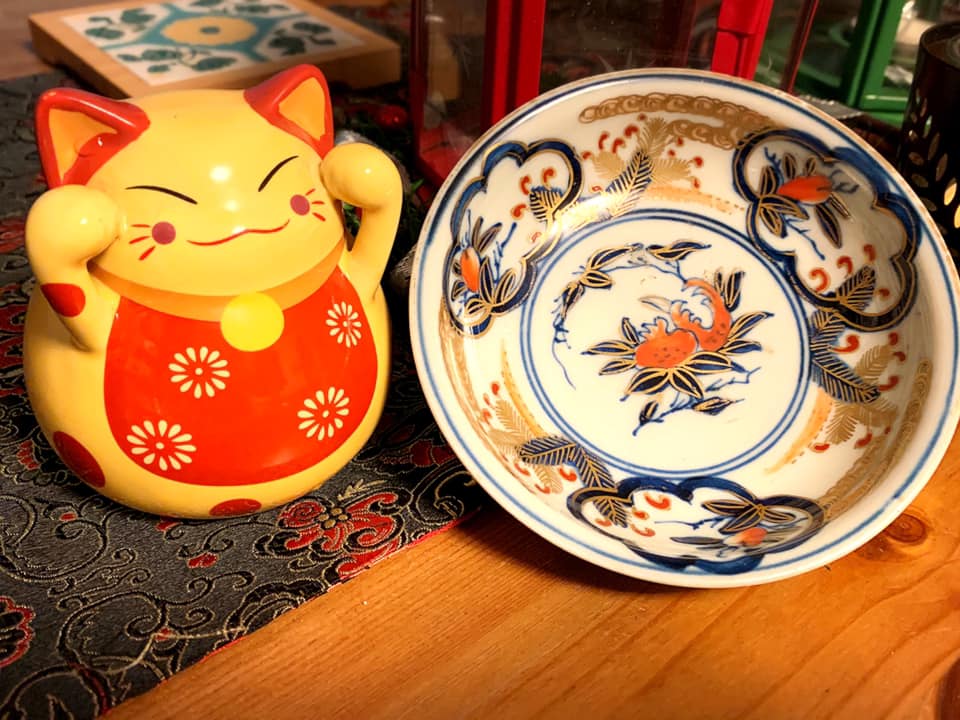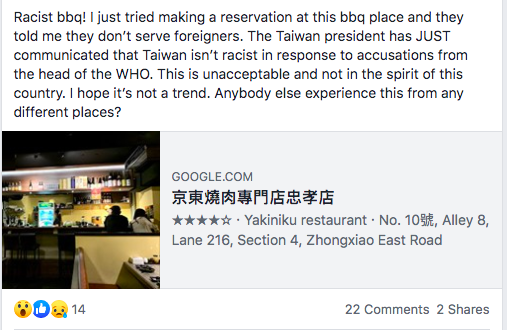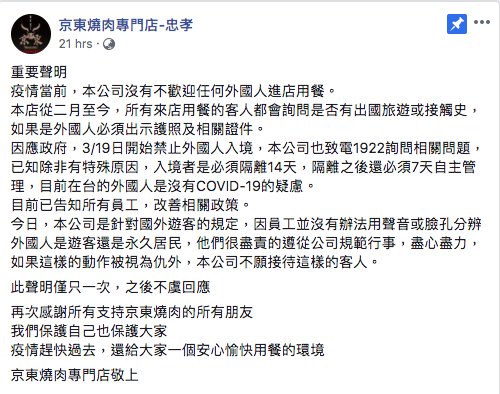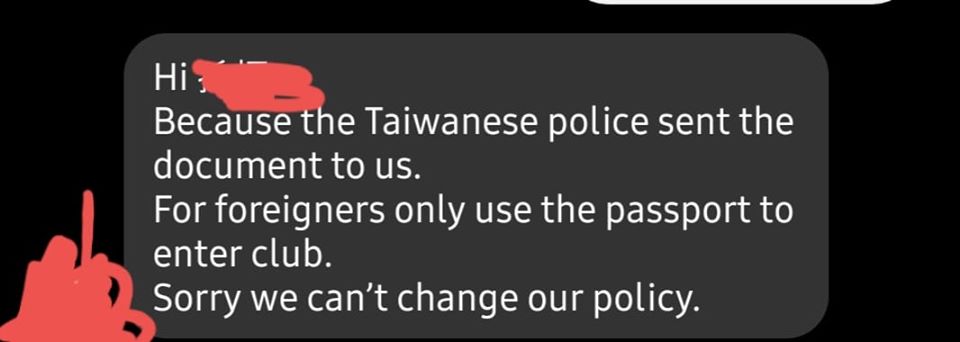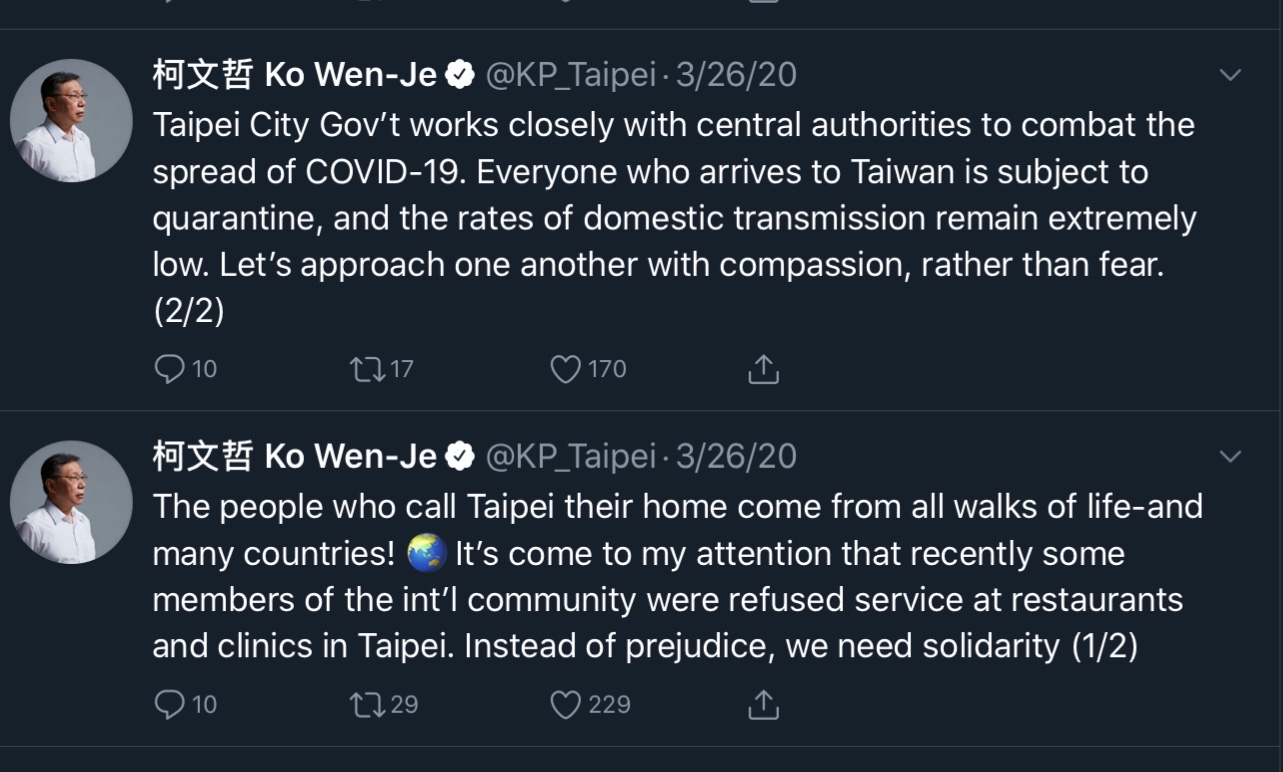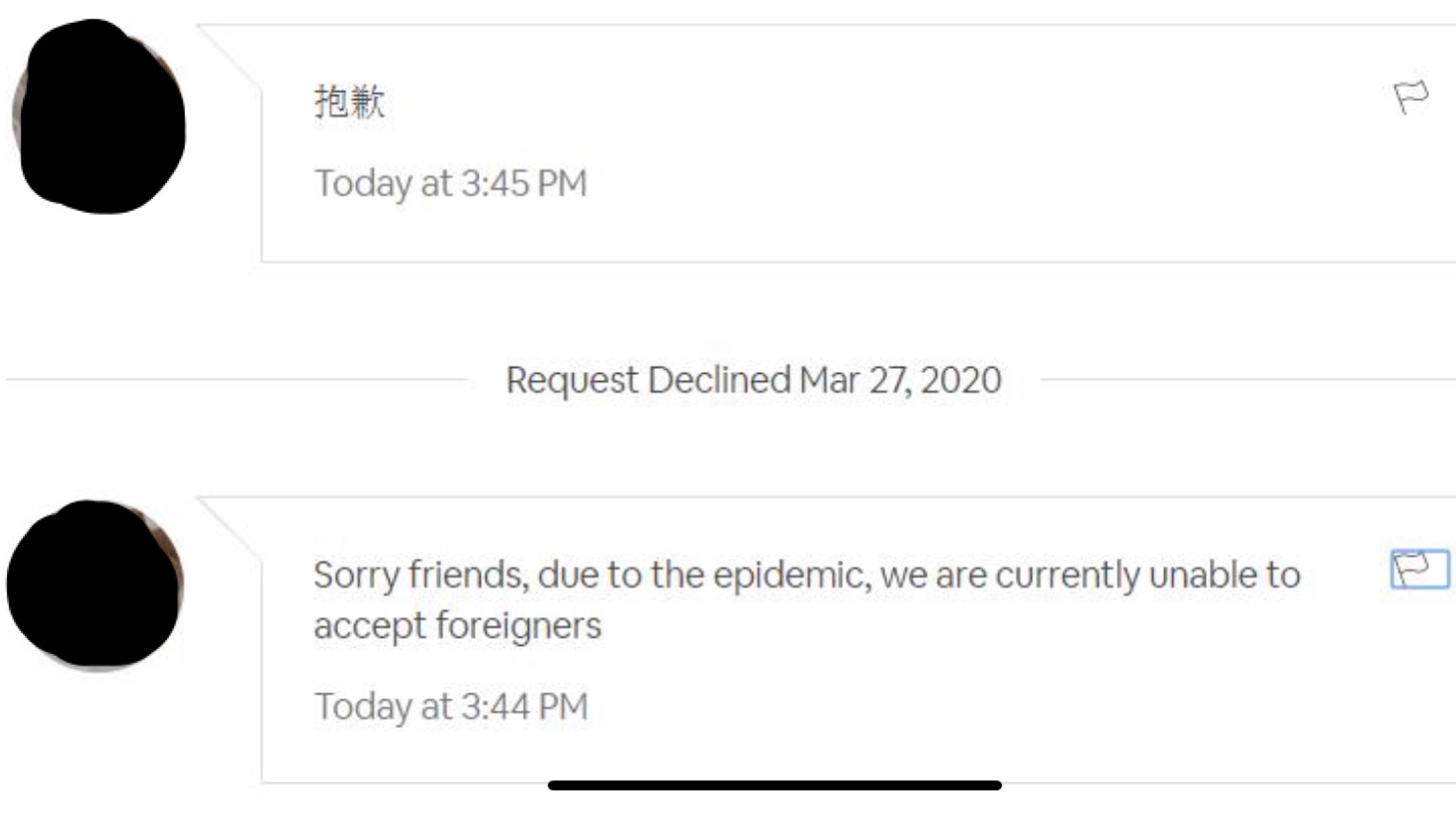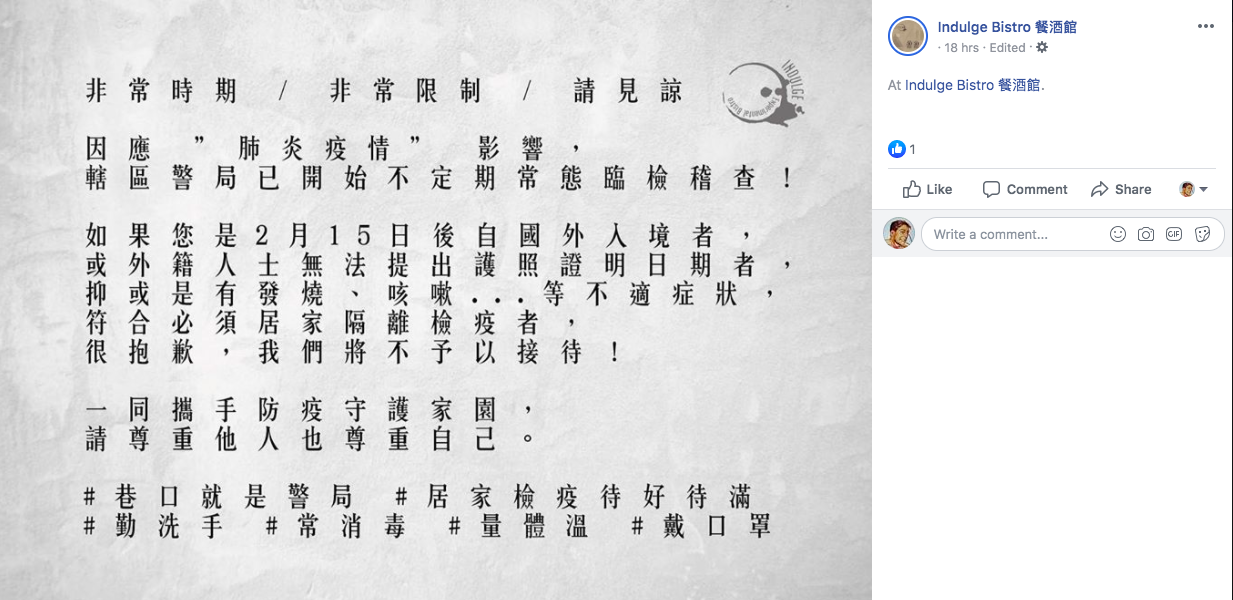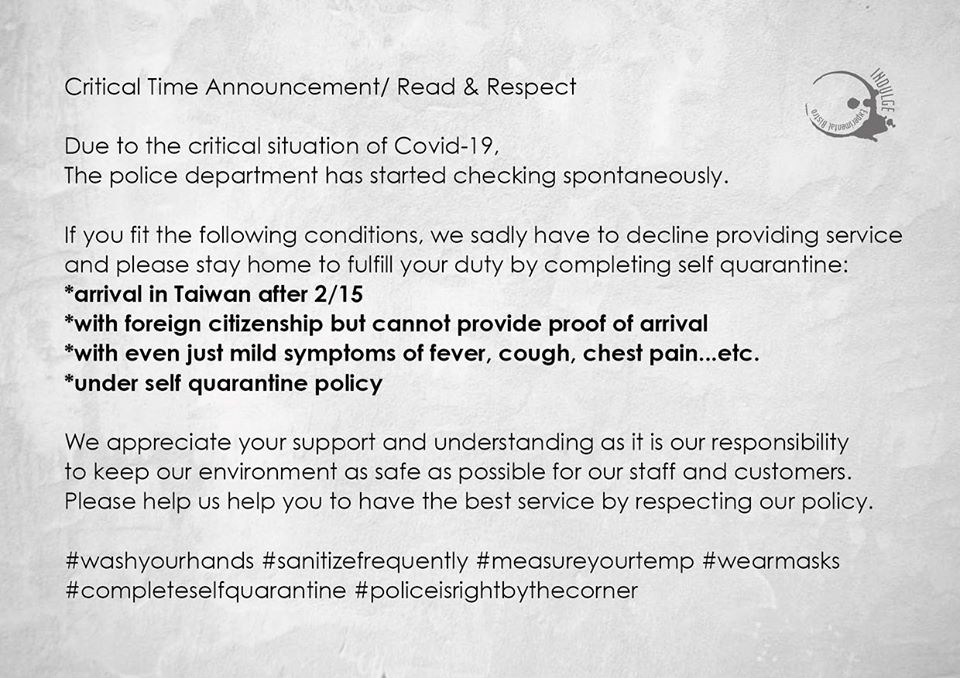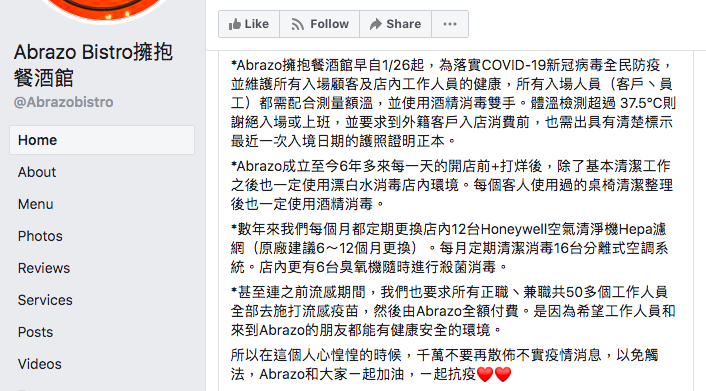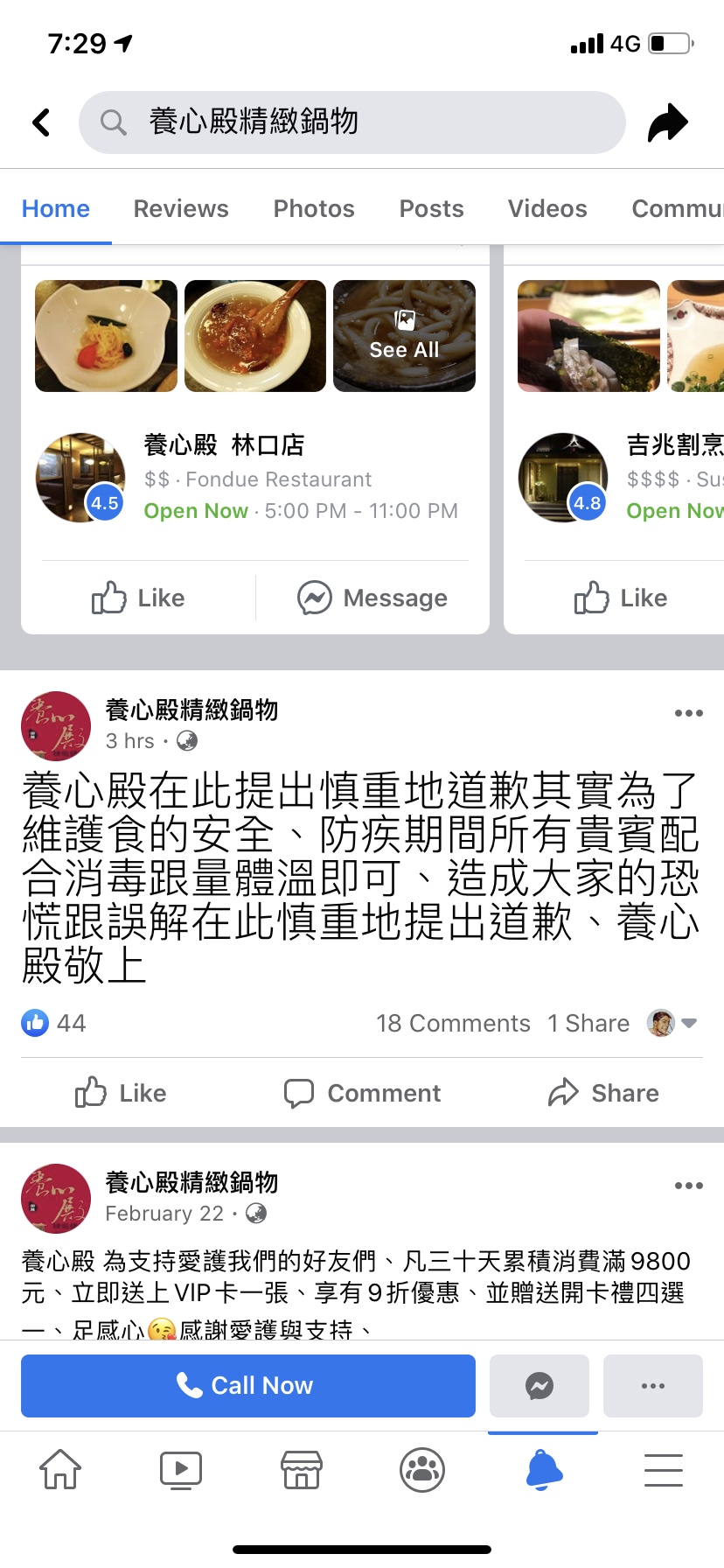A displacement within a displacement: the reason for my ambivalent review is that I'm not exactly sure what audience the book is aiming for. The first chapter, which is a quick history of Taiwan, can be skipped by anyone already knowledgeable about this topic. But soon, one gets to the real meat for a person like me: the little gibs and gobs of deep history that make the city tick. Curious about why Hsiaonanmen exists? Why the Taipei City walls seemed to go up and come down so quickly, and why they were built where they were? Why the city fans out from its riverside historical core into what is more or less a grid, and why many of the parks exist where they do? Then this is the book for you.
Less interesting was the story of 'displacement' through the National Palace Museum, mostly because the treatment of the subject is more surface-level and didn't cover much that was new. Hence the ambivalence: a reader for whom the history of the National Palace Museum is new information will probably be bored to tears hearing about statues in parks or random museum alcoves. But the person -- me! -- who wants to know about the statues probably doesn't need the Palace Museum chapter. The comparison to the historically neglected National Taiwan Museum is an interesting angle, however. (Even more out of the public eye? The Nylon Deng Memorial Museum). Why some old buildings in the historic center are two stories and some three? Why some of the land plots are so oddly shaped? Fascinating. A surface-level treatment of the general push eastward of the 'downtown' area? Perhaps useful for the newcomer, but again -- who is the book for, when it tries to be for everyone?
I was also a bit less interested in the discussions of film and photography: film is fine but I want to know about geography, and a lot of the photographs discussed were displayed in exhibitions long since closed. It's not clear how or if they are viewable now. More illustrations -- especially in the photography chapter but also locations of maps, roads, gates and walls -- would have also made the book come alive a bit more.
Throughout, I also wish proper names -- especially of books -- had come complete with their names in both Chinese characters and Romanization. Anyone wanting to dig a little deeper into any of the tempting rabbit holes this book offers has to go to extra effort because this information is not always included. For example, Allen mentions Greater Taipei: Investigations of an Old Map. No Chinese name -- Romanized or not -- is offered. It almost implies the monograph is available in English (as far as I can tell it isn't). I had to do some asking around, but apparently it's 大臺北古地圖考釋, with the full text available here. You would have a hard time finding it by the information offered in City of Displacements, however.
Because of this, while I want to rave about this book for its most entrancing content, I found it a bit too uneven to give it a perfect review. So instead I'll say this: do buy this book (in Taipei it's available at Southern Materials 南天書局 and possibly the Taiwan Store 台灣个店, as well as on Amazon). Overall, the parts I liked outweighed those that held less interest, and I suspect the chapters I was not as captivated by are also the ones which haven't aged as well, about photo exhibitions long closed or films I'll never see (is there any reason to try to watch Twenty Something Taipei? Doubt it.)
But, pick and choose what you read based on what you're interested in, and your own knowledge level. Don't feel like it's necessary to pick through every chapter.
I will leave you with an interesting story, however. The book takes a cool detour of the displacement of the statue of General Claire Lee Chennault from central Taipei to the outskirts and finally Hualien.
Chennault, you say?
I've heard of that guy before! From my post on Green Island:
In 1937, the SS President Hoover was diverted from Hong Kong to Shanghai to evacuate US nationals living there during the Sino-Japanese war. Despite draping a massive US flag draped across the deck to identify to both sides that they were a neutral US ship (they were at war with neither side as of 1937), the ROC air force mistook them for a Japanese ship and bombed them, wounding 8 and killing 1. The ship aborted the mission and returned to San Francisco for repairs. The Americans were evacuated by other ships, as this Transatlantic Accent Guy will tell you.Wondering who could be so stupid as to bomb the President Hoover, Chiang Kai-shek vowed to execute whomever had given the order. Apparently, this wasn't because it was a US ship so much as that it was owned by Dollar Lines, and Chiang had known Robert Dollar. This was strictly a "you hurt my dead rich friend's toy, and I am also rich!" sort of anger.Robert Dollar, by the way, not only seems like he looked and acted just like a robber baron, but here's a quote for you:He travelled himself all over the Orient, seeking products to take back to the US in empty timber ships. In doing so, he made friends with all the key people in business and politics. One observer said that the ordinary people of China idolised him and that on one of his trips a three hour procession of thousands of men and women passed by his hotel to honour him! “A power in his own land, he was all but a god in the Orient”.BARF.Anyway, it turned out that the person who gave the order was Claire Lee Chennault, who had been hired by Chiang's wife Soong Mei-ling just months prior. So, instead he paid him a bonus! My opinion of Soong is highly unfavorable, but instead of harping on how bad she was for Taiwan, let's take a look at how unqualified Chennault was instead:Poor health (deafness and chronic bronchitis), disputes with superiors, and the fact that he was passed over as unqualified for promotion led Chennault to resign from the military on April 30, 1937; he separated from the service at the rank of major. As a civilian, he was recruited to go to China and join a small group of American civilians training Chinese airmen.It seems he got a little better at his job later on, but at this point he was basically a dude who bumbled into his job and mucked it up. But "well, my wife hired you, so here's ten thousand dollars" was just how Chiang rolled. Seriously: instead of executing him, Chiang paid Chennault a $10,000 bonus. That was 10 months' worth of his regular salary!Anyone who thinks a guy like Chiang was a brilliant military strategist against the Communists is sorely mistaken.
By all means, go read up on the fate of the Hoover in that post. Liquored seamen are involved.
So it turns out the not-great military strategist Chiang's brutal dictatorship on Taiwan installed a statue of also-not-great General Claire Chennault in what is now 228 Park in 1960, in a ceremony presided over by Chiang's wife, who hired Chennault in the first place. Then it was moved to Xinsheng Park in 1995 for unknown reasons, and then to a Flying Tigers memorial in Hualien. And of course many of Chiang's own statues -- of himself, because he loved himself -- now reside at Cihu where their utter mediocrity (they all kind of look the same) is made more obvious by their proximity.
That's a hell of a lot of statues of crappy and kinda-crappy men being maneuvered around northern Taiwan's parks, I'll tell you that.


